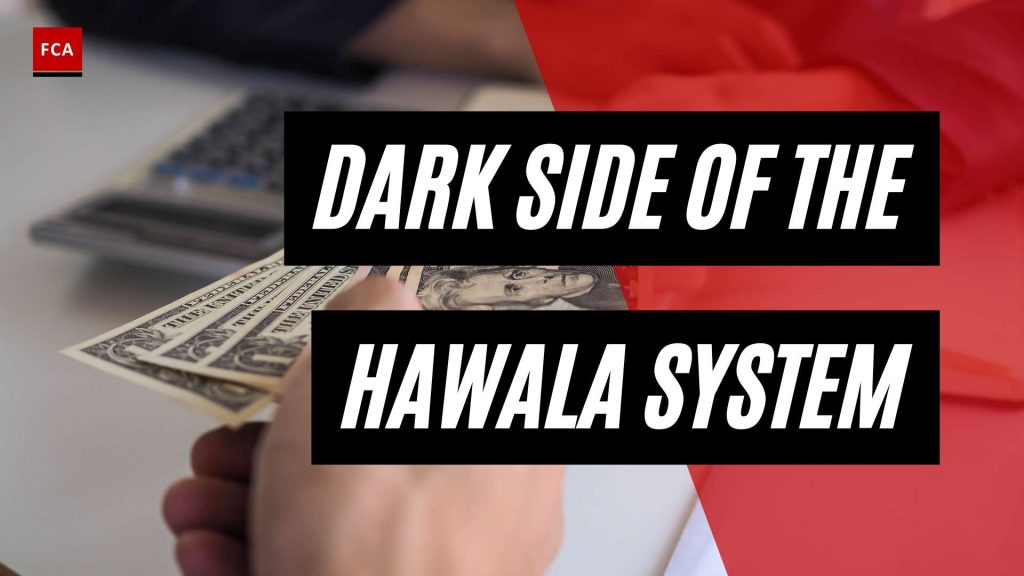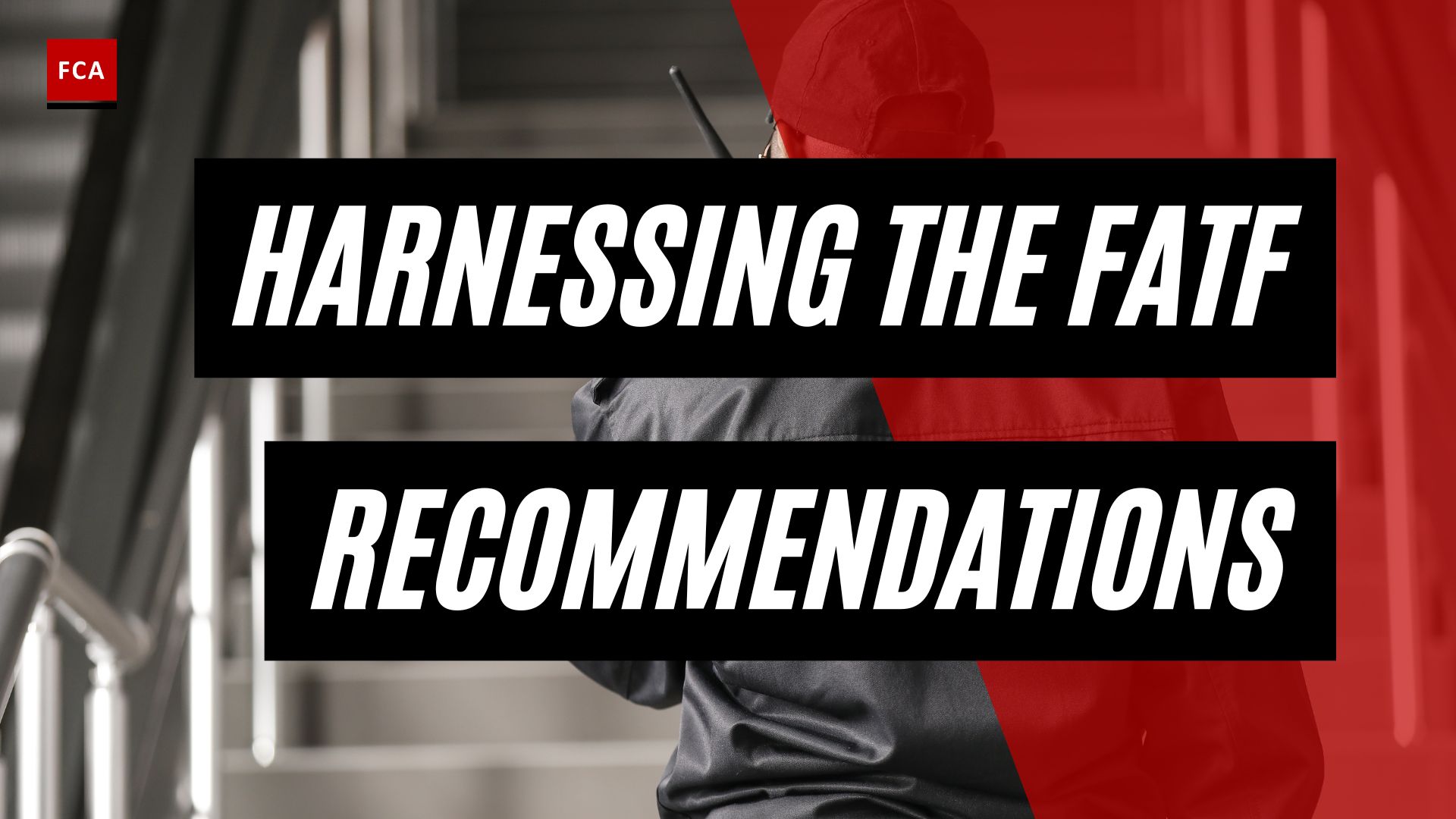Understanding the Hawala System
The Hawala system is an informal and traditional method of transferring funds that has been in existence since the 8th century, primarily in South Asia. This system operates outside of traditional banking systems and is based on trust and connections between Hawaladars or Hawala dealers (Investopedia). Over time, the Hawala system has evolved and expanded its reach, becoming a widely used informal value transfer system globally.
Introduction to the Hawala System
The Hawala system is an alternative remittance system that allows individuals to transfer money outside of traditional banking channels. It operates on the foundation of trust between brokers and relies heavily on the honor system. Transactions within the Hawala system are based on verbal agreements, and there are no written contracts or receipts involved (Corporate Finance Institute). This informal nature of the system enables quick and efficient movement of funds across borders, making it challenging for authorities to trace the transactions.
Origins and Evolution of Hawala
The origins of the Hawala system can be traced back to the 8th century in South Asia. It emerged as a means to facilitate trade and commerce, providing individuals with a reliable method of transferring funds across long distances. The system was especially valuable in regions where formal banking systems were either non-existent or unreliable (Faster Capital).
Since its inception, the Hawala system has evolved and adapted to changing circumstances. It has spread beyond its South Asian origins and gained prominence in various parts of the world, catering to the financial needs of communities that rely on informal value transfer systems. The system’s growth can be attributed to factors such as the flexibility it offers, lower costs compared to traditional banking, and cultural considerations, including trust, kinship, and personal relations (IMF).
Understanding the historical development and operational dynamics of the Hawala system is crucial for comprehending its benefits, risks, and the measures in place to combat its potential misuse. In the subsequent sections, we will explore how the Hawala system works, its advantages, legitimate applications, as well as the risks associated with it, including potential links to money laundering and terrorism financing.
How the Hawala System Works
To understand the intricacies of the hawala system and its operation, it is essential to explore the role of hawaladars and the mechanics of a hawala transaction.
Role of Hawaladars
The hawala system relies on a network of individuals known as hawaladars or hawala dealers. These individuals act as intermediaries between the sender and receiver of funds. Hawaladars play a crucial role in facilitating transactions within the hawala system, relying on trust, cultural ties, and personal relationships.
Hawaladars typically operate in close-knit communities and maintain extensive networks spanning different countries. They leverage their connections and reputation to establish trust with clients seeking to transfer funds across borders. The trust and social codes associated with the hawala system make it a convenient and widely used alternative to traditional banking channels, particularly for expatriate workers (IMF).
Mechanics of a Hawala Transaction
A hawala transaction involves a series of steps that enable the transfer of funds between two parties. The process begins with the sender providing cash to a local hawaladar, along with relevant details such as the recipient’s name and location. The hawaladar then passes on this information to a hawaladar in the receiver’s location.
Once the initial transaction is complete, the hawaladar in the receiver’s location notifies the recipient of the funds’ availability. To authenticate the transaction, the recipient must provide a designated code or password received from the sender. Upon verification, the hawaladar delivers an equivalent amount in the local currency to the recipient.
It is important to note that hawala transactions do not involve physical movement of funds across borders. Instead, the settlement of the liability position created by the initial hawala transaction can be accomplished through various means. This can include imports of goods or reverse hawala transactions, where the recipient in one country becomes the sender in another transaction. Reverse hawala transactions are commonly used for investment purposes or to cover expenses such as travel, medical, or education costs in developing countries (IMF).
Hawaladars may charge a fee or earn a profit through an exchange rate spread as compensation for their services. The specific details and fees associated with hawala transactions can vary depending on the hawaladar and the nature of the transaction.
Understanding the role of hawaladars and the mechanics of hawala transactions provides insight into the functioning of the hawala system. However, it is crucial to recognize that while the hawala system has legitimate applications, it also presents risks and concerns, including potential vulnerabilities to money laundering and terrorism financing. To combat these risks, regulatory measures and international cooperation are necessary, which will be explored in the subsequent sections.
Benefits and Legitimate Use of Hawala
Despite the concerns and risks associated with the Hawala system, it also offers certain advantages and legitimate applications that have contributed to its continued use. Understanding these benefits is essential to comprehensively analyze the system.
Advantages of the Hawala System
The Hawala system is known for its speed, lack of documentation, and lower costs compared to traditional banking systems. These factors have made it popular among migrant workers, expatriates, and others needing to send money internationally. Some advantages of the Hawala system include:
-
Efficiency and Speed: The Hawala system allows for quick and efficient transfer of funds across borders, often within the span of a few hours. This speed is particularly beneficial for individuals who require urgent remittances or need to access funds quickly.
-
Lower Costs: Compared to formal banking channels, the Hawala system is often less expensive. Hawaladars charge lower fees than banks and other remittance companies due to minimal overhead expenses and the absence of regulatory costs. This cost advantage makes the system attractive for individuals seeking to transfer money internationally at a lower cost.
-
Flexibility: The Hawala system offers flexibility in terms of the locations and hours of operation. Expatriate workers often prefer using the Hawala system due to its flexible hours, proximity of hawaladars, and cultural norms that discourage direct dealings with banks. This flexibility allows individuals to access remittance services conveniently and according to their specific needs.
Legitimate Applications of Hawala
While the Hawala system has been associated with informal and unregulated financial transactions, it is important to recognize that it is also used for legitimate purposes. Some legitimate applications of the Hawala system include:
-
Remittances: The Hawala system is often used for remittances and legitimate reasons due to its efficiency, speed, and relatively low costs compared to formal banking channels. Migrant workers, expatriates, and individuals living in different countries rely on the Hawala system to send money home to their families. The system enables quick and cost-effective transfers, facilitating financial support to loved ones in other regions.
-
Financial Inclusion: In regions with limited access to formal banking services, the Hawala system plays a vital role in providing financial inclusion. It allows individuals who may not have access to traditional banking facilities to participate in financial transactions and transfer funds, fostering economic participation and empowerment.
-
Cultural Considerations: The Hawala system relies on trust between participants and cultural considerations, such as kinship, ethnic ties, and personal relations. The trust and social codes associated with the system make it convenient and easy to use for individuals who prefer the familiarity and cultural comfort of engaging with hawaladars.
Understanding the legitimate applications of the Hawala system is crucial to differentiate between its lawful use and the potential misuse often associated with illegal activities. By recognizing and addressing the risks while also acknowledging the benefits, regulatory authorities can work towards creating a balanced approach that ensures the integrity of the financial system while respecting the needs of individuals who rely on the Hawala system for legitimate purposes.
Risks and Concerns with Hawala
While the Hawala system has legitimate applications and benefits, it also carries inherent risks and concerns, particularly in relation to money laundering and terrorism financing. The informal nature of the Hawala system and the absence of a clear audit trail make it vulnerable to exploitation for illicit activities. Here, we will explore the potential risks associated with the Hawala system.
Potential for Money Laundering
One of the main concerns about the Hawala system is its potential for use in money laundering, which involves the process of making illegally obtained funds appear legitimate. The informal and unregulated nature of the Hawala system can facilitate anonymity and lack of transaction records, making it challenging for authorities to detect and prevent financial crimes. Criminals may exploit the system to disguise the origins of illicit funds and integrate them into the legitimate financial system.
By operating outside formal banking channels, the Hawala system can offer a degree of secrecy and confidentiality that makes it attractive to individuals involved in illicit activities. The lack of documentation and reliance on trust and personal relationships within the Hawala network can create opportunities for money launderers to move funds discreetly and avoid detection.
Link to Terrorism Financing
Another significant concern associated with the Hawala system is its potential link to terrorism financing. The system’s characteristics, such as its speed, lack of documentation, and lower costs compared to traditional banking systems, can make it appealing to those seeking to fund terrorist activities without attracting attention.
Terrorist organizations may exploit the informal and unregulated nature of the Hawala system to transfer funds across borders, often bypassing formal financial institutions and their regulatory mechanisms. The lack of transparency and oversight within the Hawala network can make it difficult for authorities to trace and disrupt these illicit financial flows.
Efforts to combat the misuse of the Hawala system for money laundering and terrorism financing involve regulatory measures, international cooperation, and anti-money laundering (AML) practices. Increased transparency and oversight of informal money transfer systems are essential to mitigate the risks associated with the Hawala system and prevent illicit financial activities.
By implementing proper regulatory frameworks, enhancing cooperation among financial intelligence units and law enforcement agencies, and promoting awareness about the risks of using informal value transfer systems like Hawala, authorities can work towards ensuring the integrity of the financial system and safeguarding against illicit financial flows.
In the next section, we will explore the measures taken to combat the misuse of the Hawala system and enhance its regulation through regulatory measures and international cooperation.
Combating the Misuse of Hawala
To address the risks associated with the Hawala system and prevent its misuse for illicit activities such as money laundering and terrorist financing, regulatory measures and international cooperation play crucial roles.
Regulatory Measures and Oversight
Regulatory measures are essential for increasing transparency and oversight of the Hawala system. Governments and financial authorities have implemented various steps to regulate and monitor the operations of hawaladars and other participants in the informal value transfer system.
One approach is to require hawaladars to register and obtain licenses or permits to conduct their business. This allows authorities to keep track of the individuals and entities involved in the system, ensuring that they adhere to applicable regulations and comply with anti-money laundering (AML) and counter-terrorism financing (CTF) obligations.
Regulatory frameworks also encompass the implementation of customer due diligence (CDD) measures, suspicious transaction reporting, and record-keeping requirements. These measures aim to enhance the transparency of hawala transactions and detect any suspicious or potentially illegal activities.
Additionally, collaboration between regulatory agencies and law enforcement authorities is crucial. Sharing information and intelligence can help identify patterns, trends, and potential risks associated with the Hawala system, enabling prompt action against any illicit activities.
International Cooperation in Hawala Regulation
Given the cross-border nature of the Hawala system, international cooperation is vital in effectively combating its misuse. Countries around the world have recognized the need to work together to address the challenges posed by informal value transfer systems, including the Hawala system.
International organizations, such as the Financial Action Task Force (FATF), play a significant role in promoting global AML and CTF standards. The FATF provides guidance and recommendations to member countries, encouraging the implementation of robust regulatory frameworks for informal money transfer systems.
Bilateral and multilateral agreements between countries also facilitate information sharing, intelligence exchange, and collaborative efforts to combat the misuse of the Hawala system. These agreements enhance cooperation between financial intelligence units, law enforcement agencies, and regulatory authorities across borders, improving the effectiveness of investigations and enforcement actions.
By fostering international cooperation, countries can collectively strengthen their regulatory frameworks, share best practices, and develop strategies to counter the potential risks associated with the Hawala system.
Efforts to combat the misuse of the Hawala system continue to evolve, driven by the recognition of the need for effective regulation and international collaboration. By implementing strong regulatory measures, promoting transparency, and engaging in comprehensive international cooperation, authorities can mitigate the risks associated with the Hawala system and prevent its exploitation for illicit purposes.








